Who we are
Meet the team
Our game biologists have decades of experience managing properties for wildlife in the southeast. We’ve worked to develop a team of experts that complement each other’s expertise from buck population management to forestry, food plots, habitat management, and more!
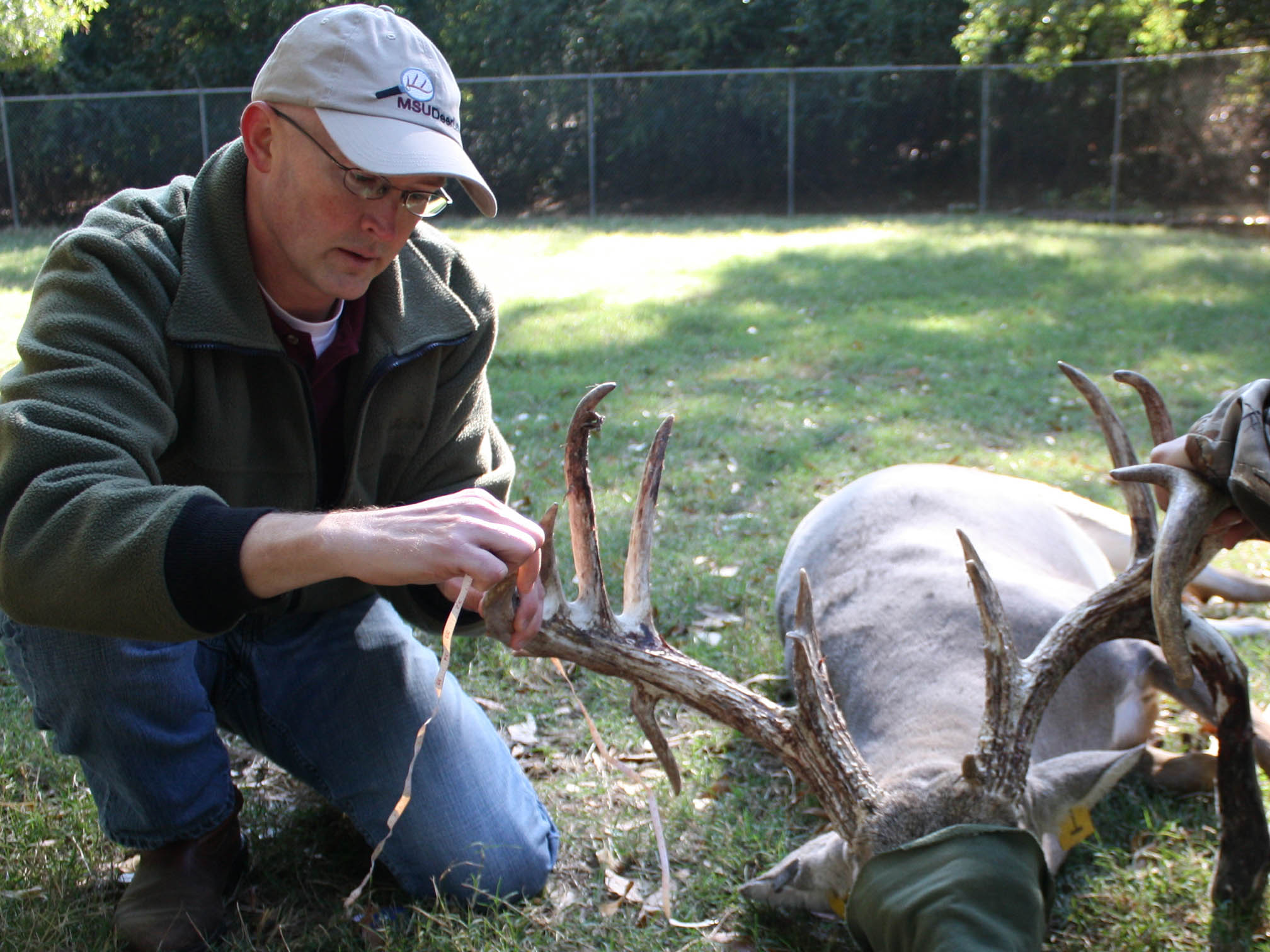
Bronson Strickland
Co-Founder / Lead Wildlife Biologist
Bronson Strickland holds BS, MS, and Ph.D. degrees in wildlife biology and management from the University of Georgia, Texas A&M-Kingsville, and Mississippi State University. He has been a co-director of the MSU Deer Lab since 2006 where he researched white-tailed deer biology and management and habitat management. Bronson’s strengths are buck population management and the habitat management techniques used to promote the production and harvest of the best bucks.
Bronson is a Certified Wildlife Biologist and was given the Al Brothers Deer Manager of the Year Award by the Quality Deer Management Association in 2019, the Lee Gladfelter Memorial Award by the Pope & Young Club in 2019, and the Joe Hamilton Lifetime Achievement Award by the National Deer Association in 2024.
Bronson is a Certified Wildlife Biologist and was given the Al Brothers Deer Manager of the Year Award by the Quality Deer Management Association in 2019, the Lee Gladfelter Memorial Award by the Pope & Young Club in 2019, and the Joe Hamilton Lifetime Achievement Award by the National Deer Association in 2024.
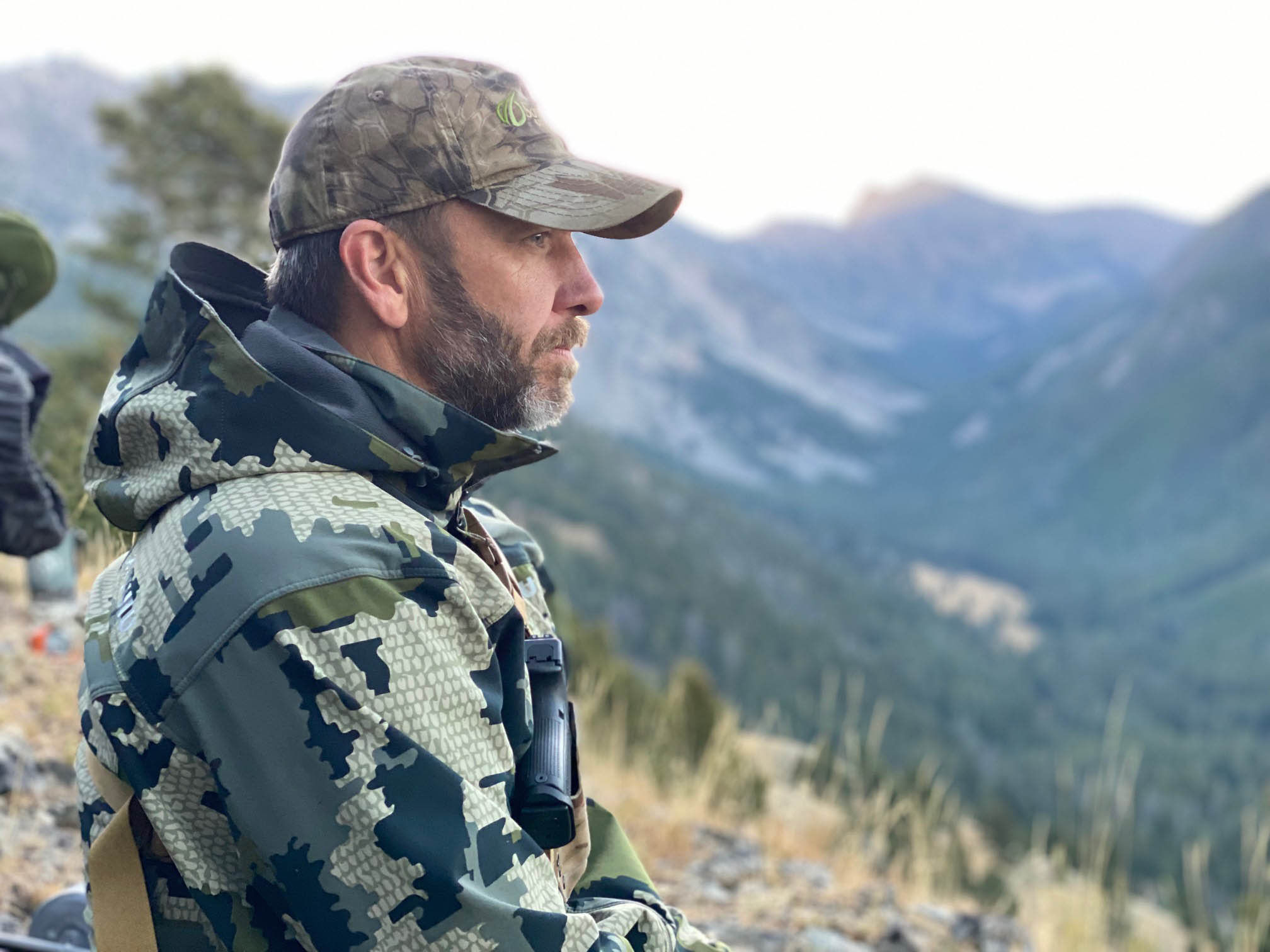
Mitt Wardlaw
Co-Founder / Lead Resource Manager
Mitt Wardlaw, a seasoned expert in land development, well-known for his comprehensive approach to maximizing land values while prioritizing landowners' objectives. Leading a team of skilled professionals, including agronomists, wildlife biologists, and resource consultants, Mitt excels in assisting clients in achieving long-term resource management goals across various sectors, from property design and layout to wildlife habitat management and general land improvement. With a focus on resource management, Mitt leverages his expertise to guide clients toward effective and successful outcomes, ensuring substantial returns on investment in both recreational value and appreciating land value.
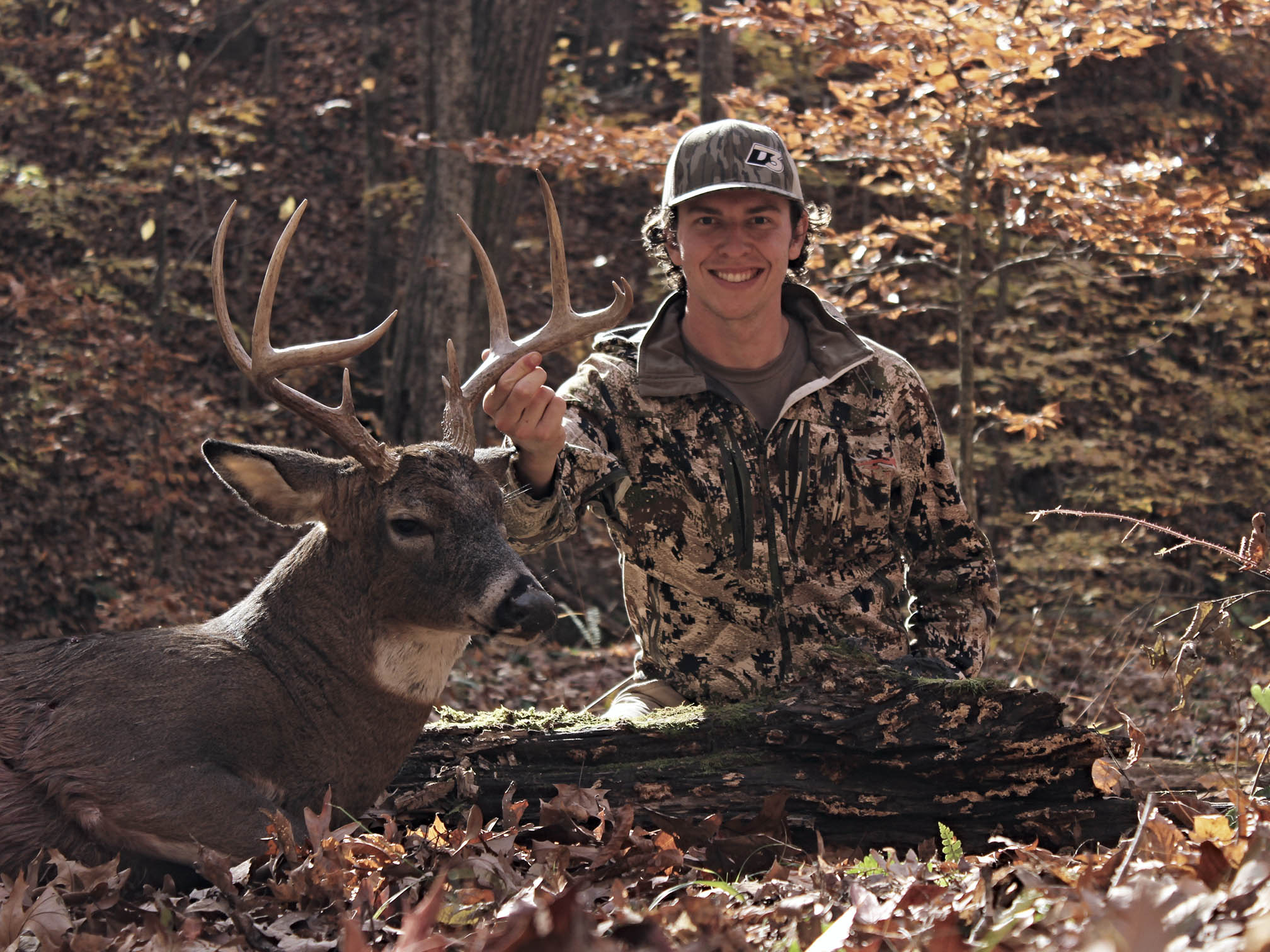
Moriah Boggess
Director of Operations / Wildlife Biologist
Moriah Boggess is an avid hunter who majored in wildlife biology and management at North Carolina State University and then continued his education as a graduate student in the Mississippi State University Deer Lab. After earning his master’s degree, he served for three years in statewide Deer Biologist roles for the state wildlife management agencies in North Carolina and Indiana. Moriah has an affinity for herbaceous and woody plant ID and enjoys studying the complex relationship between plant communities and deer.
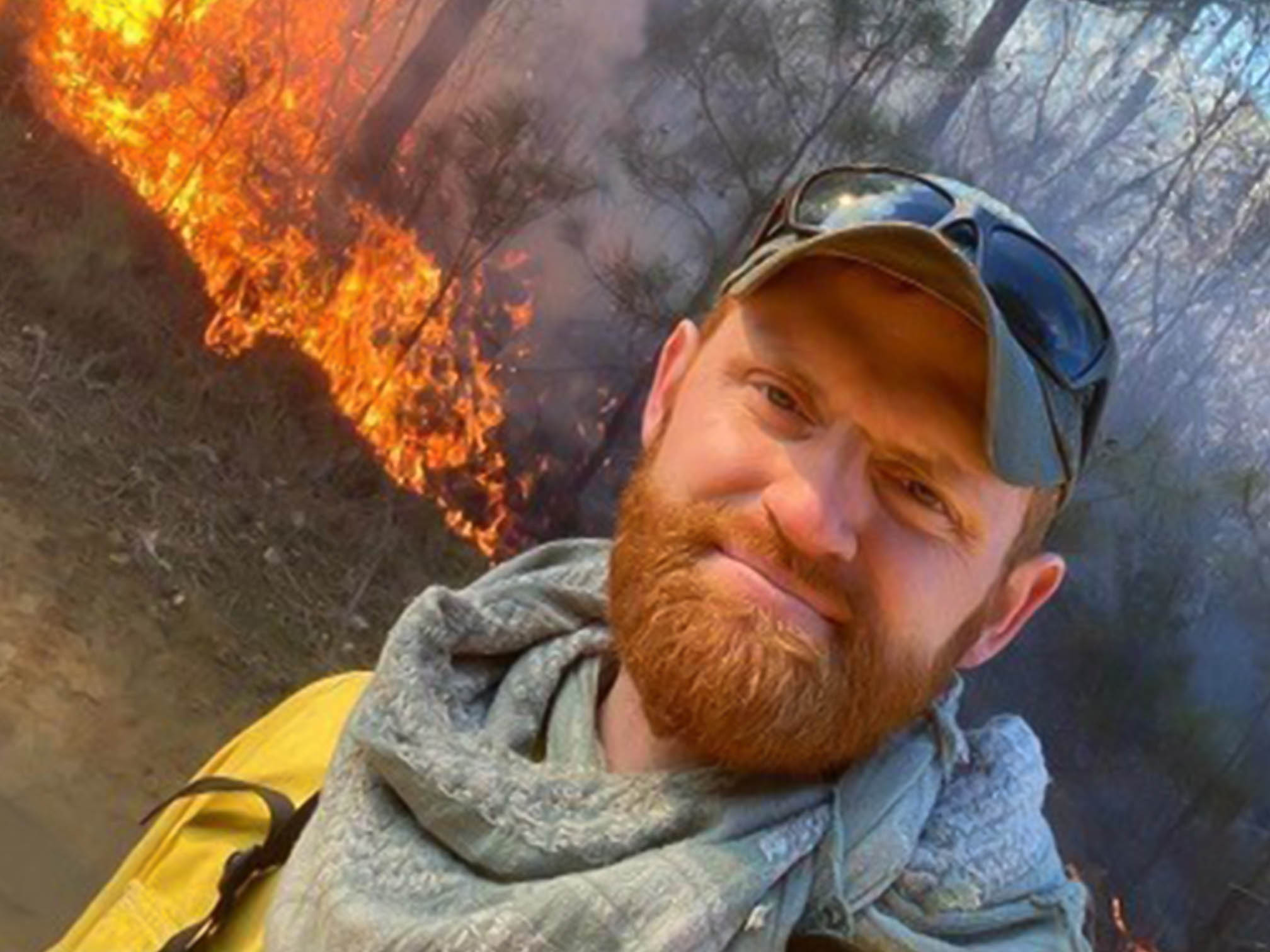
Jonathan Stoll
Resource Manager
Jonathan Stoll holds a BS degree in Forestry from Mississippi State University. He has managed forests at every level – private, industry, and government. Not only does Jonathan have hands-on experience with forest management, but he also fully understands the logistics of timber harvesting and sales. Jonathan is a Prescribed Fire Manager and a Registered Forester in Mississippi.
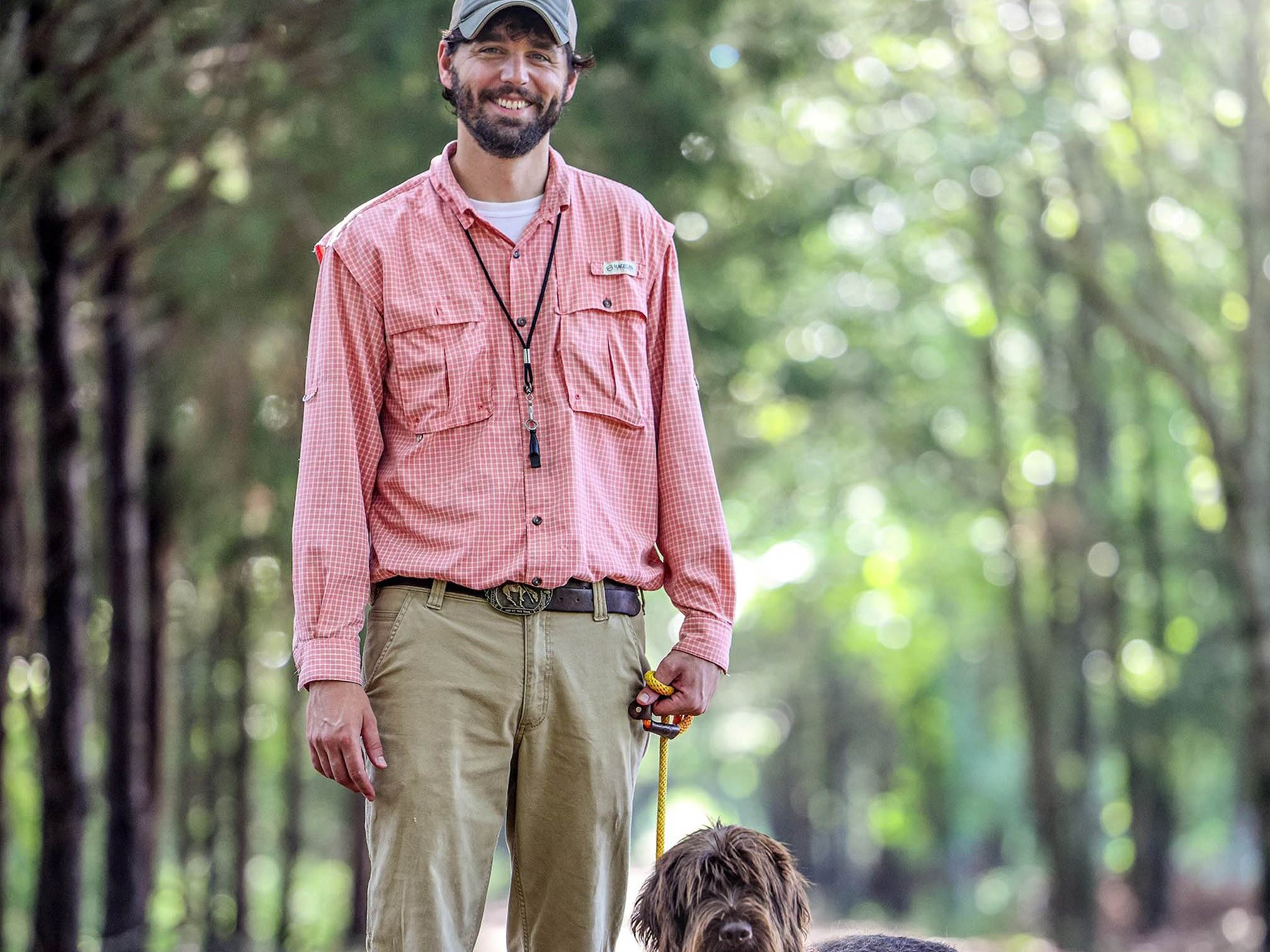
Mark McConnell
Upland Gamebird Biologist
Mark McConnell is an accomplished Assistant Professor of Upland Birds at Mississippi State University. His research focuses primarily on the ecology and management of gamebirds and integrating profitable wildlife management solutions in working landscapes. He advises multiple private landowners how to increase gamebird populations on their properties. Additionally, he has conducted precision agriculture research for over a decade creating innovative tools to help agricultural producers increase conservation impact and profitability. Outside of his professional pursuits, Mark is an avid bird hunter, mediocre dog trainer, and even worse fly-fisherman.
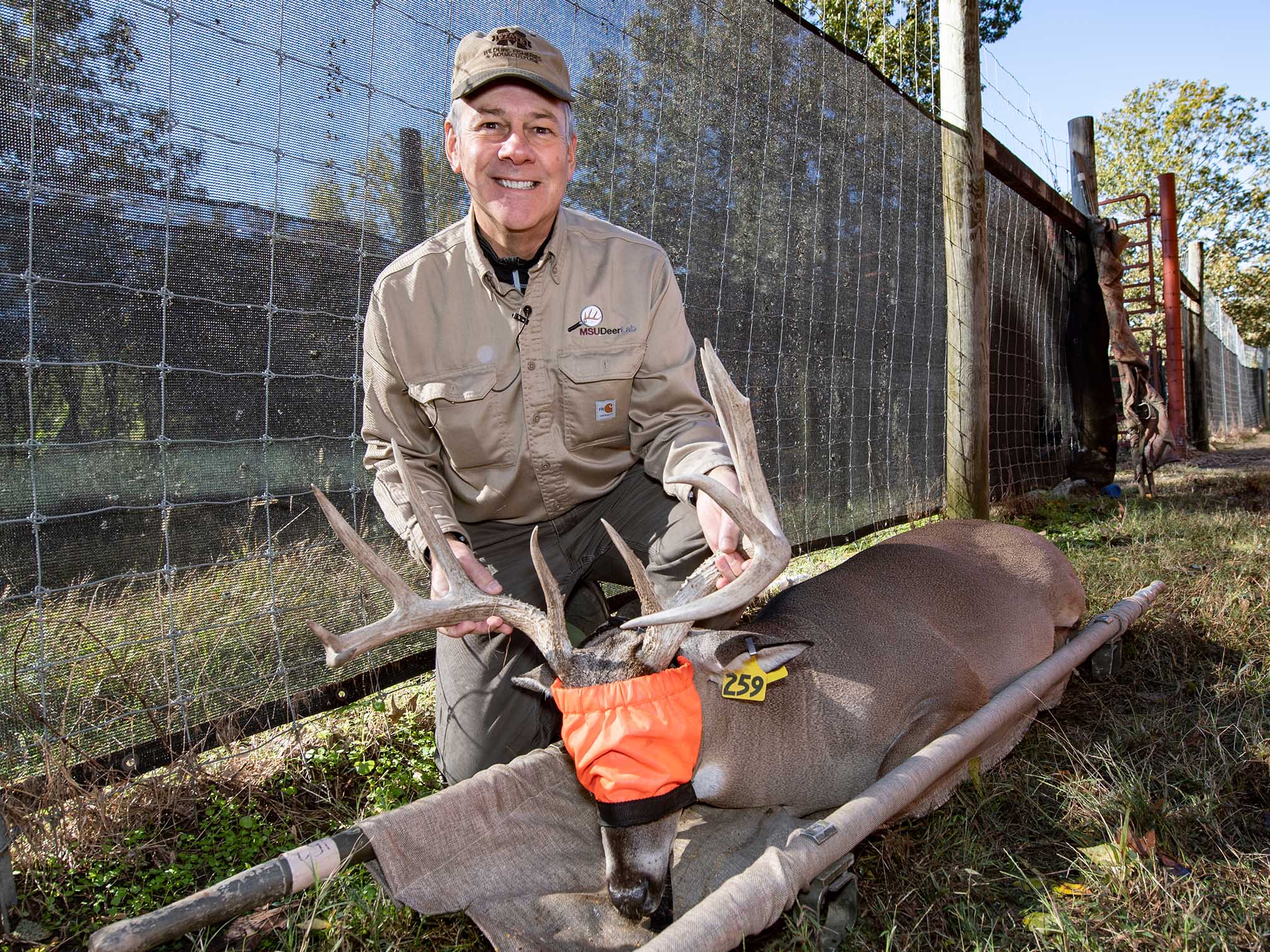
Steve Demarais
Wildlife Biologist
Steve holds a BS degree in Wildlife Biology from University of Massachusetts and MS and PhD degrees in Wildlife and Forest Resource Management from Mississippi State University. He specialized in big game research and management during 15 years in Texas at TAMU-Kingsville and Texas Tech University. He focused on white-tailed deer population and habitat management during 27 years at Mississippi State University, the last 5 serving as the Taylor Chair in Applied Big Game Research and Instruction.
Steve is a Certified Wildlife Biologist and Fellow of The Wildlife Society. His effectiveness developing approaches to applied big game research and management earned him recognition with the National Deer Association's Joe Hamilton Lifetime Achievement Award, The Wildlife Society's Kleberg Applied Research Award, Southeast Deer Study Group Career Achievement Award, and the Southeast Conference's Faculty Award for Miss State U. As Co-Director, he was honored with receipt of the Boone and Crockett Club Conservation and Stewardship Award to the MSU Deer Lab.
Steve is a Certified Wildlife Biologist and Fellow of The Wildlife Society. His effectiveness developing approaches to applied big game research and management earned him recognition with the National Deer Association's Joe Hamilton Lifetime Achievement Award, The Wildlife Society's Kleberg Applied Research Award, Southeast Deer Study Group Career Achievement Award, and the Southeast Conference's Faculty Award for Miss State U. As Co-Director, he was honored with receipt of the Boone and Crockett Club Conservation and Stewardship Award to the MSU Deer Lab.
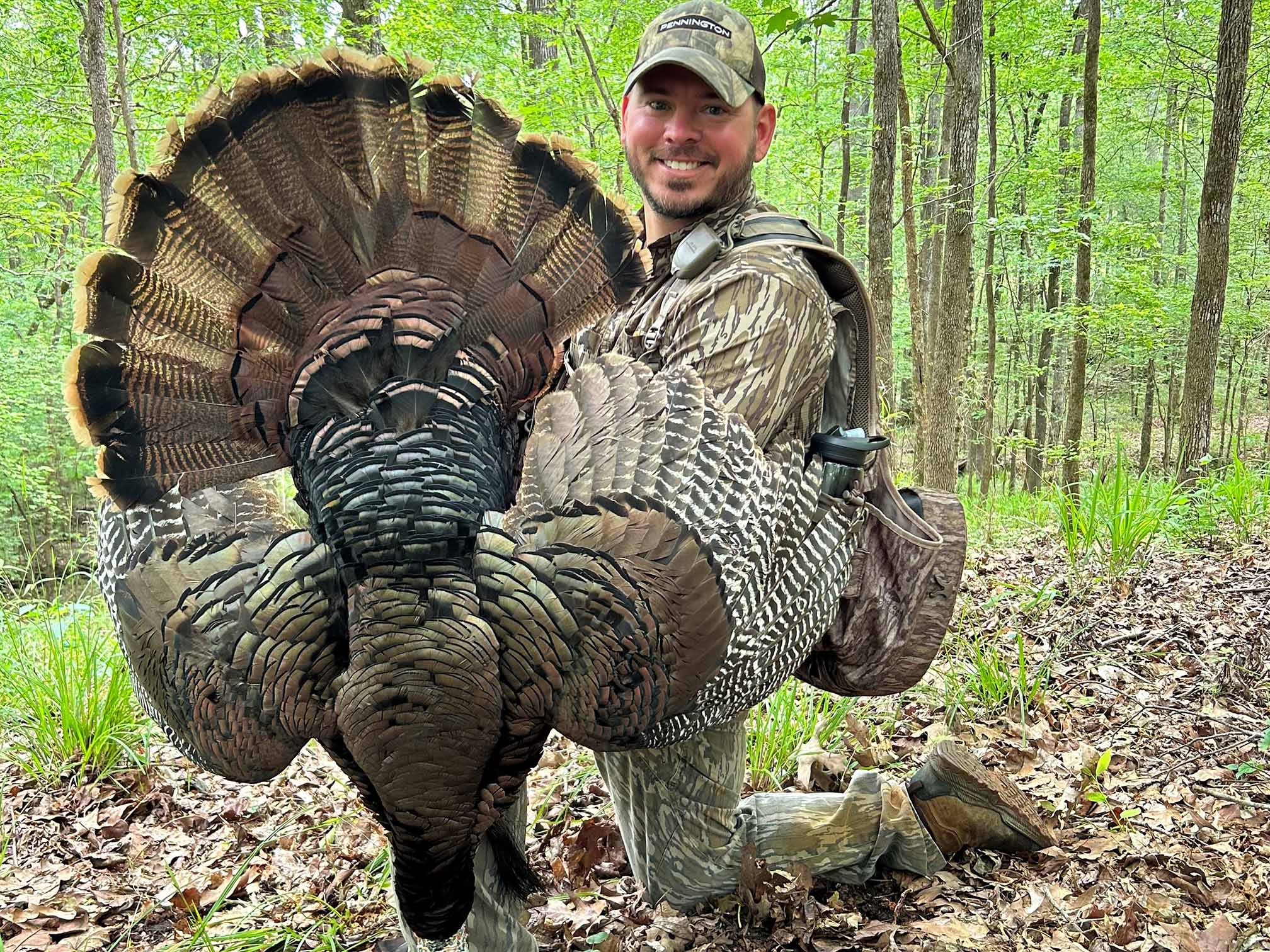
Will Gulsby
Wildlife Biologist
Will Gulsby earned a B.S. in Biology from the University of North Georgia and M.S. and Ph.D. degrees in Wildlife Ecology and Management from the University of Georgia. He is currently an Associate Professor of Wildlife Ecology and Management at Auburn University, and co-host of the Wild Turkey Science Podcast. His current and past research has focused on a number of applied game-management topics, but his strengths are using timber management, fire, and herbicides to improve habitat for wild turkeys and white-tailed deer.
Will is a Certified Wildlife Biologist, Certified Prescribed Burn Manager, and received the Conservation Communicator of the Year Award from the Alabama Wildlife Federation at the 2023 Governor’s Conservation Achievement Awards.
Will is a Certified Wildlife Biologist, Certified Prescribed Burn Manager, and received the Conservation Communicator of the Year Award from the Alabama Wildlife Federation at the 2023 Governor’s Conservation Achievement Awards.
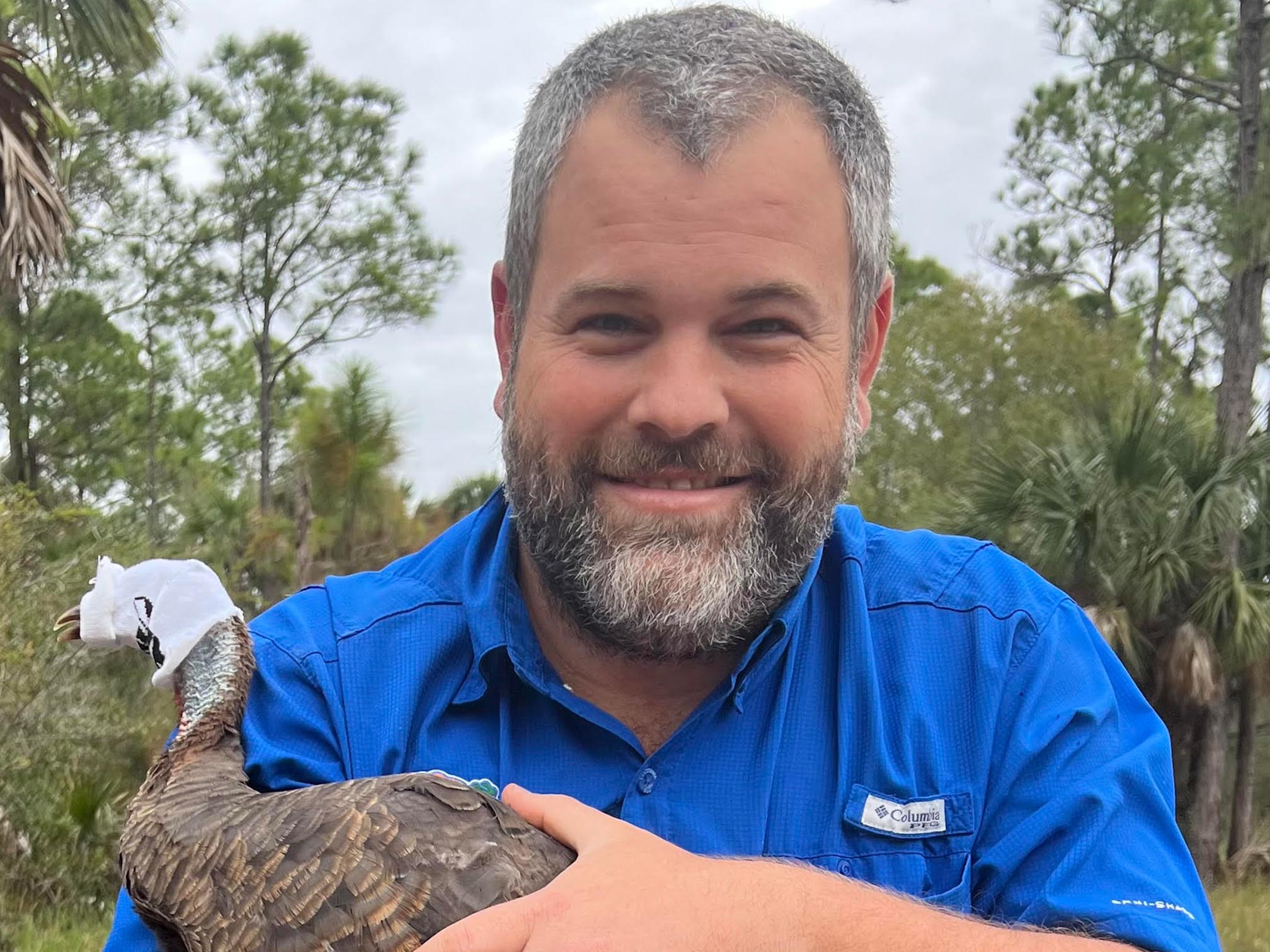
Marcus A. Lashley
Wildlife Ecologist
Dr. Marcus Lashley is an Associate Professor of Wildlife Ecology and Extension Wildlife Specialist in the Department of Wildlife Ecology and Conservation at the University of Florida. A major focus of his extension programming is dissemination of science-based habitat and wildlife management information through technology. He co-hosts and produces the Wild Turkey Science, Fire University, and Natural Resources University podcasts. He also develops content for numerous social media platforms and developed a free online prescribed fire training program. Marcus’ research focuses on applying principles of disturbance ecology to wildlife habitat management for various wildlife species, especially white-tailed deer and wild turkey. Some current research projects include influences silvicultural practices on oak masting, effects of fire seasonality on plant communities and wildlife, effects of hunting regulations on deer population dynamics, and factors influencing productivity of wild turkey.
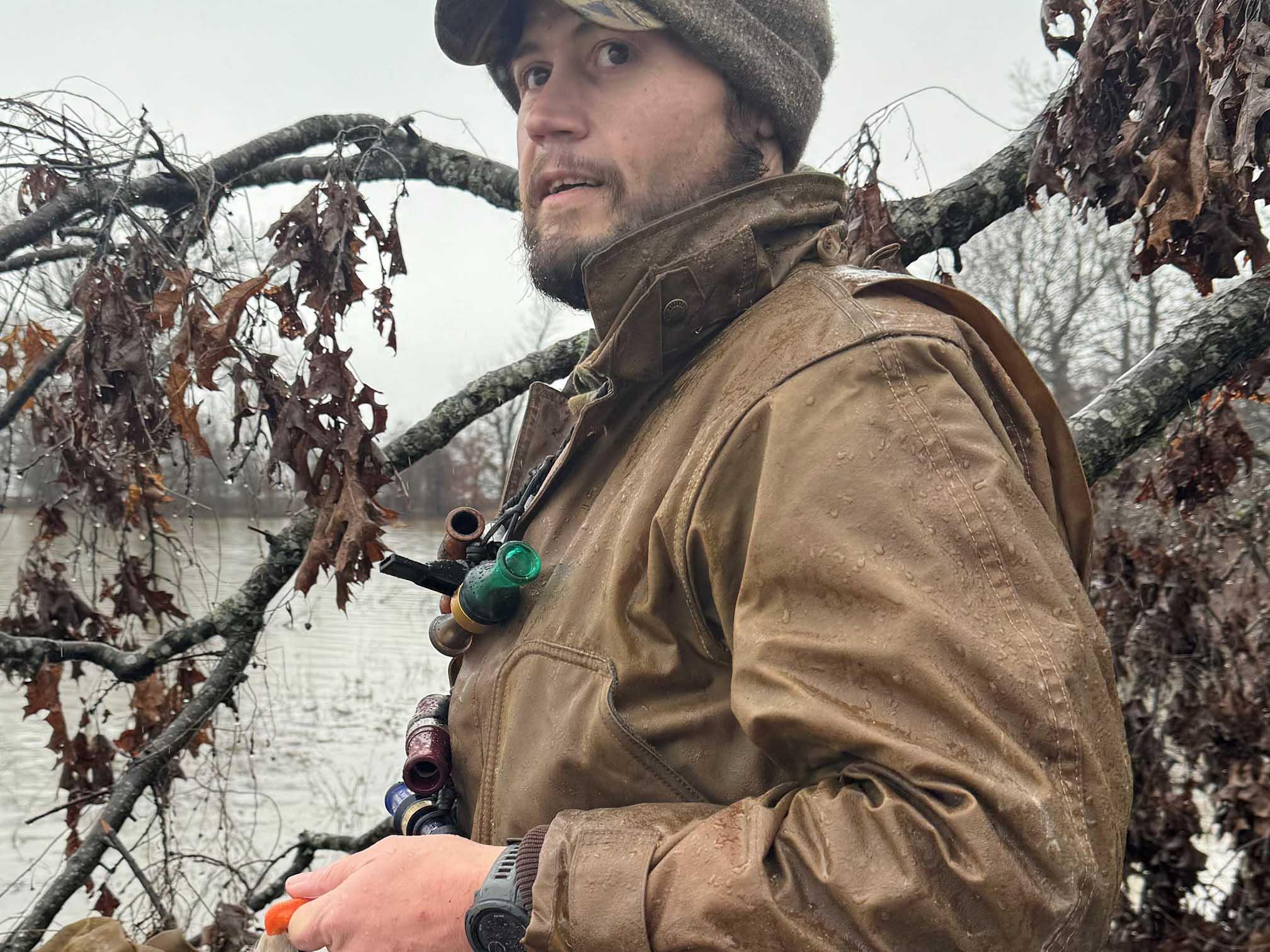
James Callicutt
Wildlife Biologist
James Callicutt holds BS and MS degrees in wildlife biology and management from Mississippi State University. He has held several positions focusing on the research, conservation, and management of waterfowl and wetlands including: Serving as both a state waterfowl and private lands biologist for the Mississippi Department of Wildlife, Fisheries and Parks; a private lands biologist for Ducks Unlimited, Inc.; and currently as the waterfowl and upland gamebird Extension Instructor in the Department of Wildlife, Fisheries, and Aquaculture at Mississippi State University.
James is a Certified Wildlife Biologist and has been working with landowners to improve their properties for waterfowl for over 14 years. He has a passion for wetland management to improve waterfowl hunting and has co-authored “A Guide to Moist-soil Wetland Plants of the Mississippi Alluvial Valley”.
James is a Certified Wildlife Biologist and has been working with landowners to improve their properties for waterfowl for over 14 years. He has a passion for wetland management to improve waterfowl hunting and has co-authored “A Guide to Moist-soil Wetland Plants of the Mississippi Alluvial Valley”.

Marcus A. Lashley
Wildlife Ecologist
Dr. Marcus Lashley is an Associate Professor of Wildlife Ecology and Extension Wildlife Specialist in the Department of Wildlife Ecology and Conservation at the University of Florida. A major focus of his extension programming is dissemination of science-based habitat and wildlife management information through technology. He co-hosts and produces the Wild Turkey Science, Fire University, and Natural Resources University podcasts. He also develops content for numerous social media platforms and developed a free online prescribed fire training program. Marcus’ research focuses on applying principles of disturbance ecology to wildlife habitat management for various wildlife species, especially white-tailed deer and wild turkey. Some current research projects include influences silvicultural practices on oak masting, effects of fire seasonality on plant communities and wildlife, effects of hunting regulations on deer population dynamics, and factors influencing productivity of wild turkey.